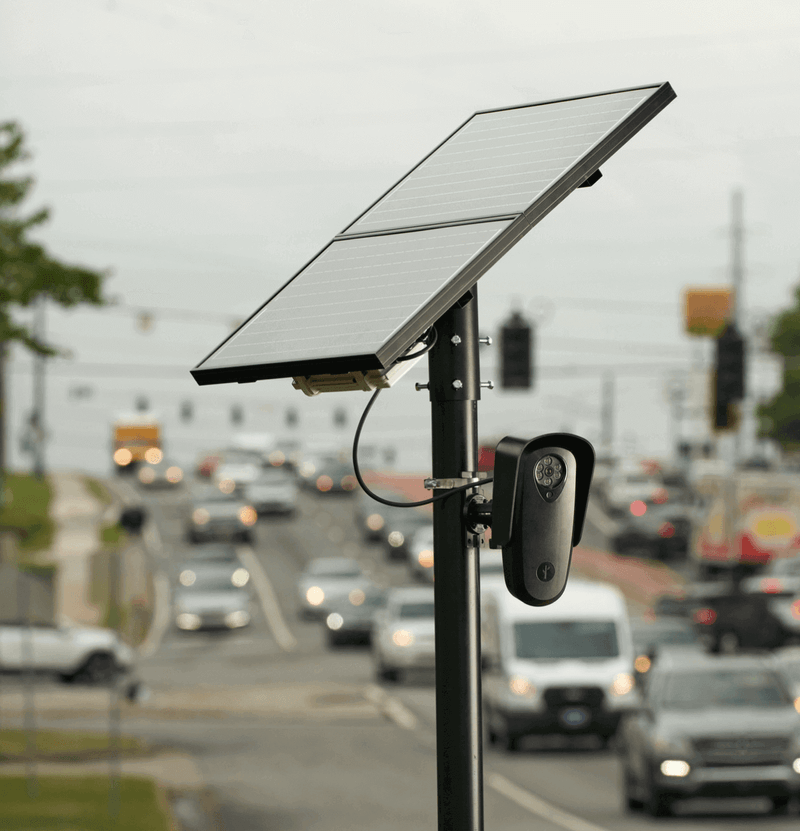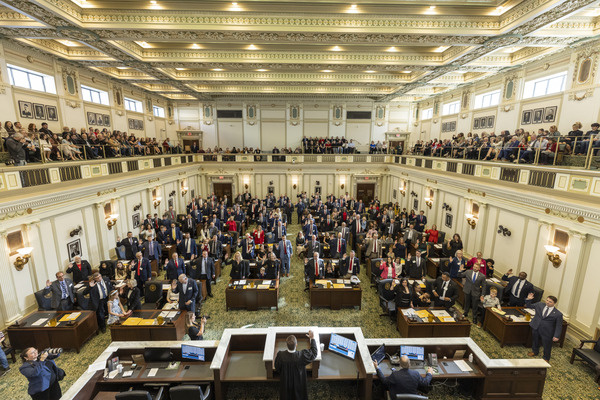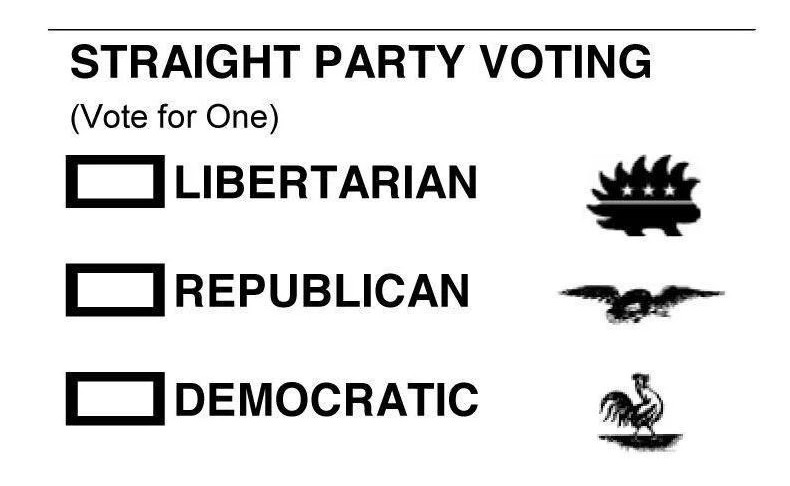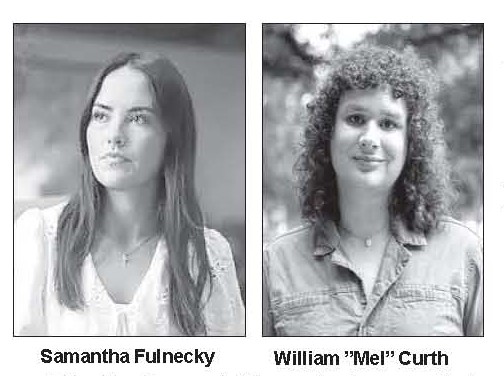State Questions Moving to Ballot
Last summer, supporters of an initiative petition to place State Question 832 on the ballot submitted nearly 180,000 signatures and the Secretary of State verified 157,287 signatures to be valid. The proposal would gradually raise the minimum wage in Oklahoma from the current $7.25 per hour to $15 in 2029 and require future increases based on the U.S. Department of Labor’s Consumer Price Index.
By the time the Minimum Wage initiative passed the final legal hurdles, the deadline for the General Election on November 5 had already passed. Gov. Kevin Stitt has scheduled the election for the next statewide vote which will be the June 16, 2026, Primary Election ballot. In a statement, Governor Stitt said setting the question for the next eligible statewide election would save the state $1.8 million compared to holding a Special Election for the measure.
Two more initiative petitions have since been filed with the Oklahoma Secretary of State seeking to place a State Question on the ballot. Currently in Oklahoma, 172,993 valid signatures are required for initiatives that would make a Constitutional Change. The signatures must be submitted within 90 days after the initiative is cleared for circulation by the Oklahoma Secretary of State. If that number of signatures is validated, then the governor sets the date for an election. It is up to the governor whether to call a Special Election, place it on the Primary Election ballot in June, or leave the proposal to be voted on in the next general election, which would be in November of 2026.
Oklahoma would dramatically change the way its elections are conducted – going from the present “closed primary” system to an “open primary” method – if a group calling itself Oklahomans United for Progress is able to garner enough signatures and then win a statewide vote.
The group originally filed a petition to place State Question 835 on the ballot, but later withdrew that petition and refiled the issue, and is now progressing as State Question 836. Officials with the group say they took this action to clarify concerns and strengthen the petition language. The new petition explicitly clarifies that its constitutional provisions do not impact the selection of presidential electors and ensures that the initiative solely addresses the process for partisan primary elections at the state, county, and at the federal level for U.S. Senate and U.S. House elections. Additionally, State Question 836 includes that candidates will appear on the ballot identified by party “registration” (SQ 835 had used the term “affiliation”).
In a closed primary system, which Oklahoma and most states presently use, one must be registered as a voter in a specific political party in order to vote in that political party’s primary. In other words, only voters registered Democrat can vote in the Democratic primary, and only voters registered Republican can vote in the Republican primary. In most states that have an open primary system, a voter does not have to be registered with the political party to vote in its primary, but the voter does have to choose the ballot of one party or the other.
The proposed jungle primary, on the other hand, is different. In a jungle primary, which is being proposed in Oklahoma, all candidates for an office, whether they be Democrat, Republican, Libertarian, or independent, run on one unified primary ballot. While the candidates are still identified by their party, the voter can choose any candidate they wish on that ballot. If one candidate wins a majority of the vote, then that candidate has won the election, and there is no need for a general election. If no candidate gets a majority, then the top two appear on the General Election ballot.
Since it is highly unlikely that a candidate could achieve a majority in a large field of candidates including Democrats, Republicans, Libertarians, and independents, the jungle primary usually sends the top two vote-getters, regardless of political party, to the general election. It is therefore possible – and it has happened in California – where both general election candidates are of the same political party.
In 2004, Washington became the first state to adopt a top-two primary system for congressional and state-level elections. California adopted a top-two primary system in 2010. In Nebraska, a top-two primary system is utilized for state legislative elections. Because Nebraska’s state legislature is nonpartisan, partisan affiliation labels are not listed next to the names of state legislative candidates.
The initiative petition for State Question 836 was filed on January 3, 2025, and the 1st 90-day protest period concerning the Constitutionality of the proposal ended on March 9. Since a protest was filed, the petition is on hold until all appeals, protests and rehearings have been resolved by the Oklahoma Supreme Court.
The protest was filed by the Oklahoma Republican Party and Ronda Vuillemont-Smith, former chair of the Tulsa County Republican Party. The challenge includes many issues, but the most fundamental part of the protest is that it would strip from the state’s political parties the ability to ensure candidates running under the party’s name are, in fact, bona fide adherents to that party’s platform, and meet that party’s requirements. It would dissolve one of a political party’s most fundamental roles of choosing their candidates to carry their banner to the voters.
Former State Senator Nathan Dahm, who chairs the Oklahoma Republican Party, said: “We’re adjudicating this before the court to ensure these groups can’t force our elections to turn into the failed California model. We as Republicans welcome anyone to join our party who agrees with our ideals, yet we won’t stand idly by as others attempt to infiltrate and force their views upon us and all the voters of Oklahoma.” If the measure survives legal challenges, the group could be collecting signatures starting this summer.
A large number of initiative petitions have been filed in recent years concerning the legalization of marijuana in Oklahoma. With the approval of State Question 788 in the Primary Election on June 26, 2018, Oklahoma became the 30th state to allow marijuana to be legally used for medical purposes. There are now 39 states that allow some form of legal marijuana use. Most of the other states that have medical marijuana laws, limit use to a specific list of qualifying medical conditions for which a doctor is allowed to prescribe medical marijuana. In contrast, Oklahoma’s measure leaves it to the doctor’s discretion. And, it also allows a higher amount of marijuana to be possessed by an individual than most other states. It is also easier to get a medical marijuana license in Oklahoma than any other state.
Since the approval of the medical marijuana initiative, there have been numerous attempts to expand legalization, but only one measure reached the ballot. In 2023, voters rejected State Question 820, which would have created a recreational marijuana market for adults who are at least 21 years old.
On March 31, 2025, Oklahomans for Responsible Cannabis Action (ORCA) filed a initiative petition which has been assigned as State Question 837. The proposed constitutional amendment would legalize marijuana for adults 21 years of age and older. The petition began its first 90-day protest period (concerning Constitutionality) on April 7, 2025 and July 7, 2025, will be the final day of the protest period.
Current state law only allows residents to purchase and possess marijuana if they have a medical marijuana patient license. If State Question 837 becomes law, anyone could walk into a dispensary and make a purchase if at least 21 years old.
The proposal would preserve the existing medical marijuana system structure, and those who keep their medical patient status would be exempt from paying the current 7% excise tax for cardholders. Those without a patient license would pay a new 10% excise tax on their purchase. The excise tax revenue would be split between the state, and the county and city where it was sold. The amendment also includes a provision that authorities cannot presume someone’s impairment or intoxication based solely on the use of marijuana or the presence of THC in their body. “Proof of impairment requires confirmation of impairment through the use of cognitive, kinetic and/or behavioral evaluations,” the proposed law states.
ORCA Director Jed Green said the proposal is different than what was proposed in State Question 820, which ORCA opposed. “One of the fundamental differences between that and what is now State Question 837, is that SQ 820 would have created a duplicate licensing system that has demonstrably failed in multiple other states,” Green said. The previous state question would also have only amended state statutes instead of the Oklahoma Constitution, which Green has said would have made it easier for state lawmakers to later alter the law. If there are no legal challenges, the collection of signatures could begin by the end of summer.
In addition to the proposals being advanced though the initiative petition route, other State Questions could end up on the 2026 ballot. Several resolutions for referendums are still active in the current session of the Oklahoma Legislature, and more could come in the 2026 session.













Latest Commentary
Saturday 31st of January 2026
Saturday 31st of January 2026
Saturday 31st of January 2026
Saturday 31st of January 2026
Saturday 31st of January 2026
Saturday 31st of January 2026
Saturday 31st of January 2026
Saturday 31st of January 2026
Saturday 31st of January 2026
Saturday 31st of January 2026
Saturday 31st of January 2026
Saturday 31st of January 2026
Saturday 31st of January 2026